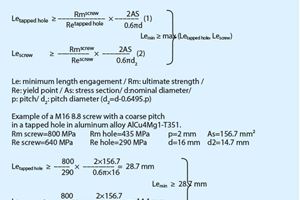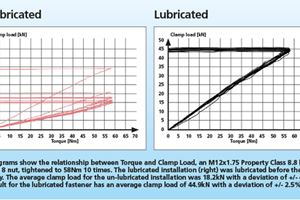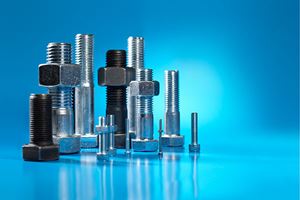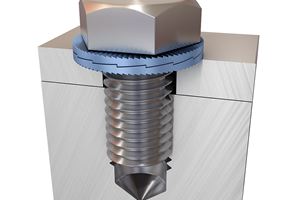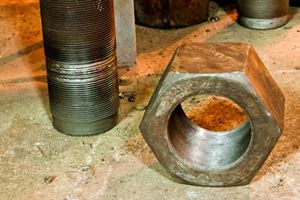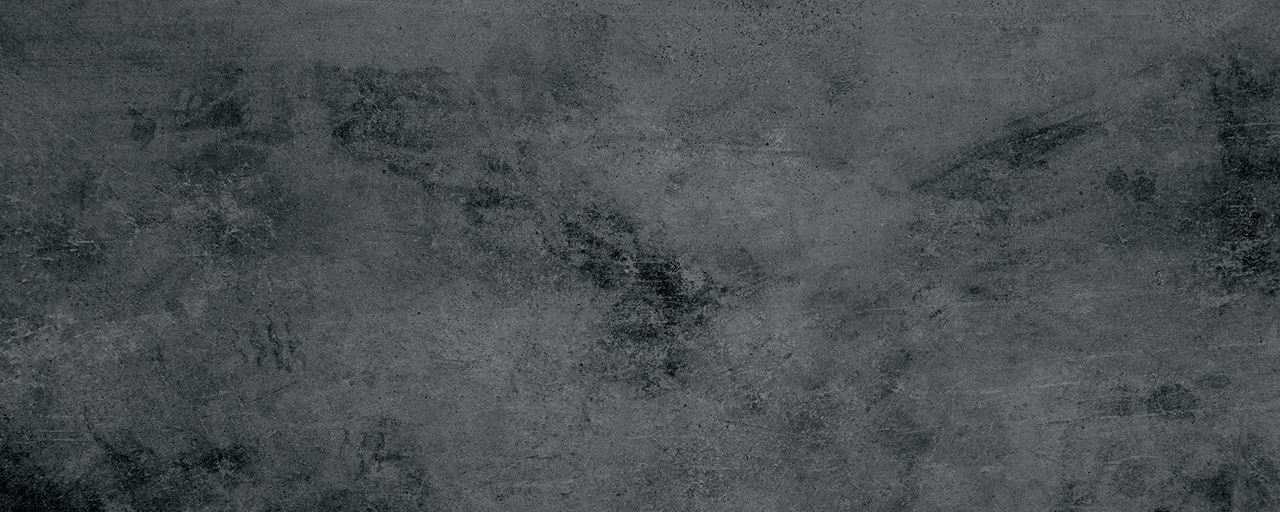Should I choose fine or coarse threaded bolts?
What is the difference between fine and coarse threaded bolts?
Bolts with coarse threads have a larger pitch (fewer threads per axial distance) compared to fine threads. A coarse threaded bolt is specified for most applications unless there is an overriding reason to use a fine threaded bolt (e.g. thorough thread adjustment is crucial for the application). Furthermore, fine thread fasteners are more difficult to obtain.
Negative sides of fine threaded fasteners:
- Fine threads are more susceptible to galling than coarse threads.
- They need longer thread engagements and are more prone to damage and thread fouling.
- They are also less suitable for high-speed assembly since they are more likely to seize when being tightened.
The potential benefits of fine threads are:
- Size for size, a fine thread is stronger than a coarse thread. This is both in tension (because of the larger stress area) and shear (because of their larger minor diameter).
- Because of the smaller pitch, they allow finer adjustments in applications that need such a feature.
- Fine threads can be more easily tapped into hard materials and thin-walled tubes.
- Fine threads require less torque to develop equivalent bolt preloads.
- Fine threads have less tendency to loosen since the thread incline is smaller and hence so is the off torque.
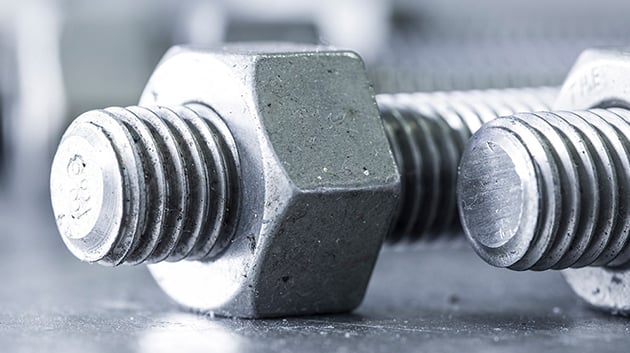
Vil du læse flere af vores artikler?
Du kan få mere viden fra vores eksperter direkte in i din inboks.
Abbonere på vore nyhedsbrev nu!
